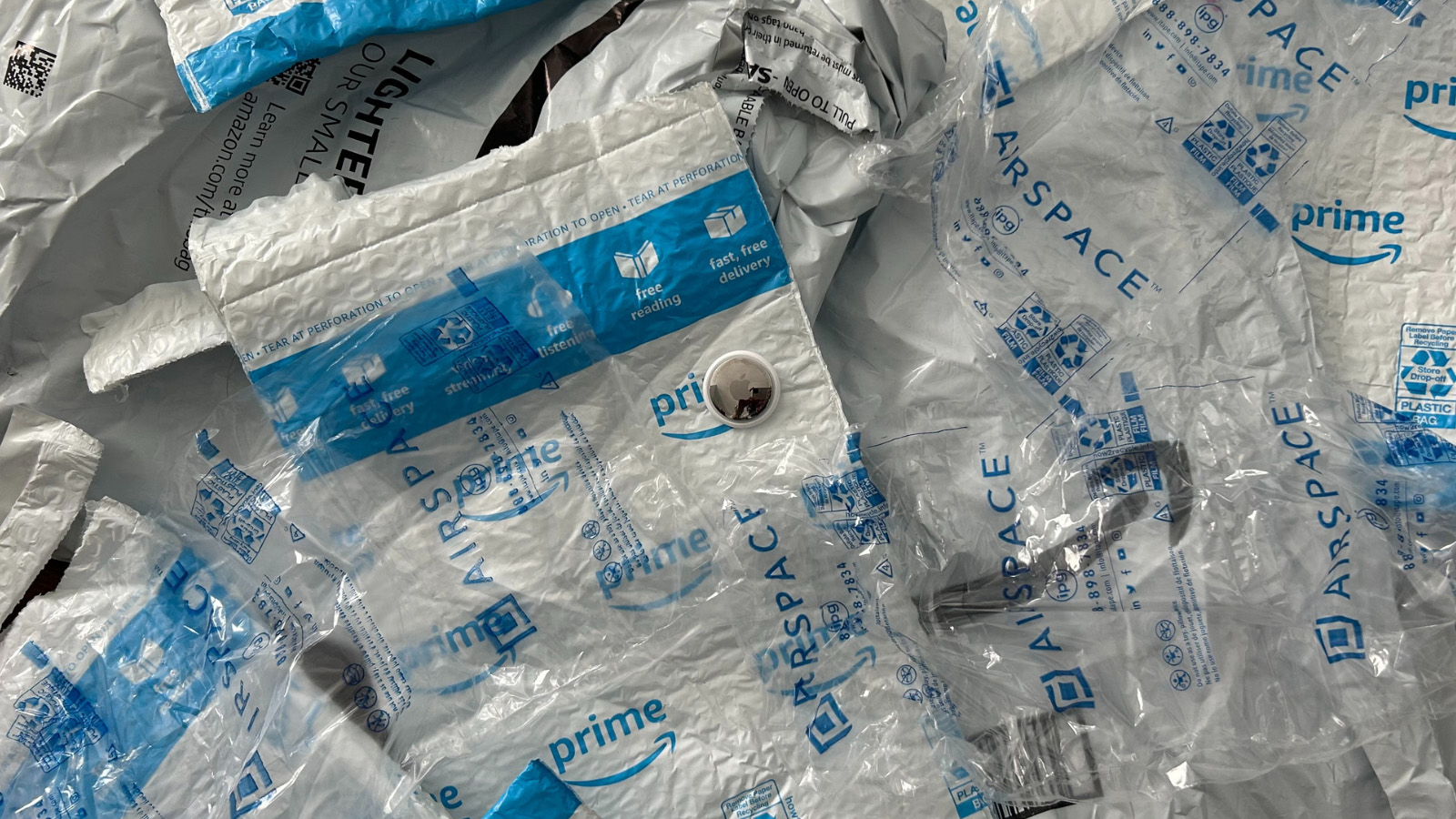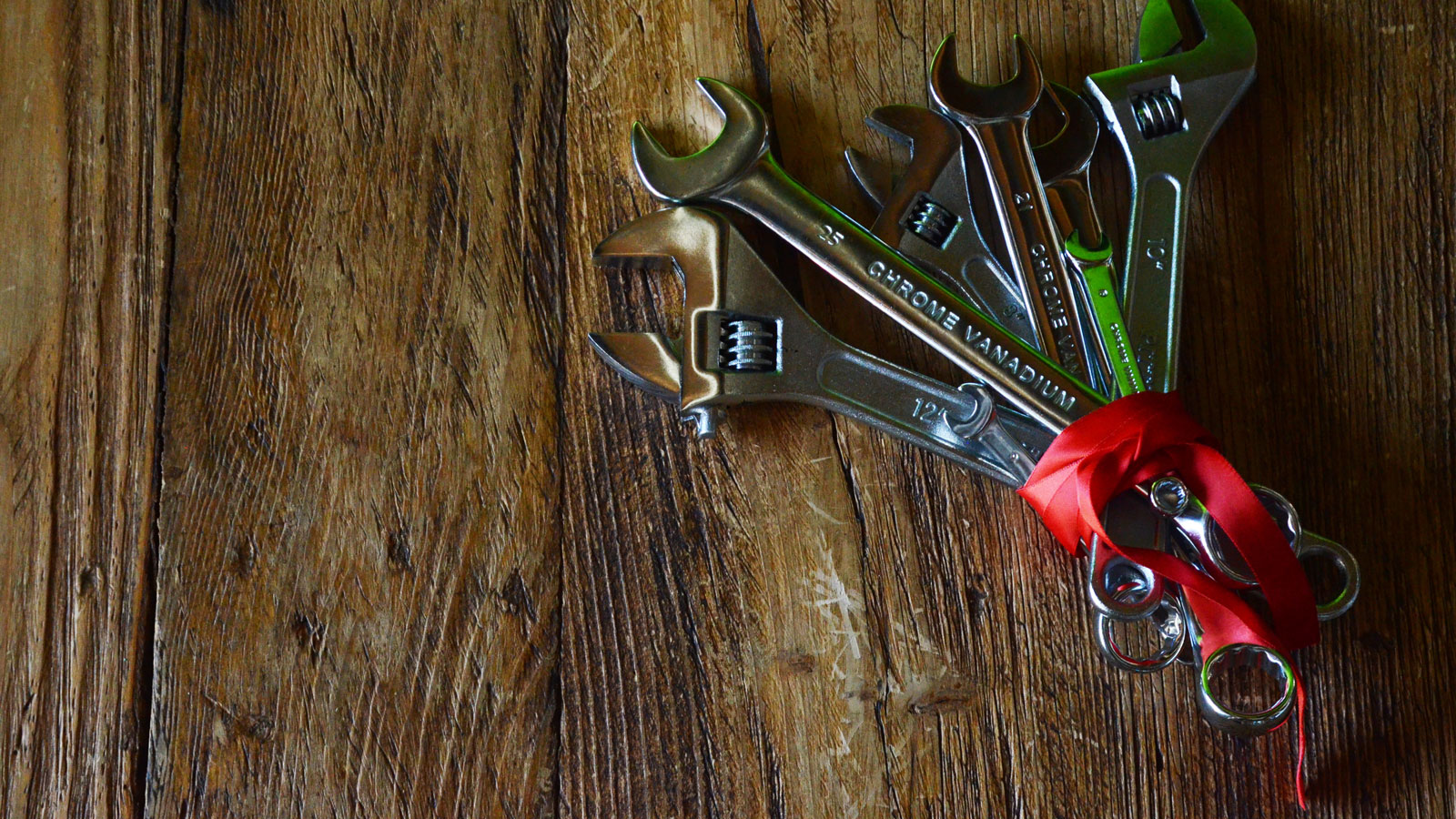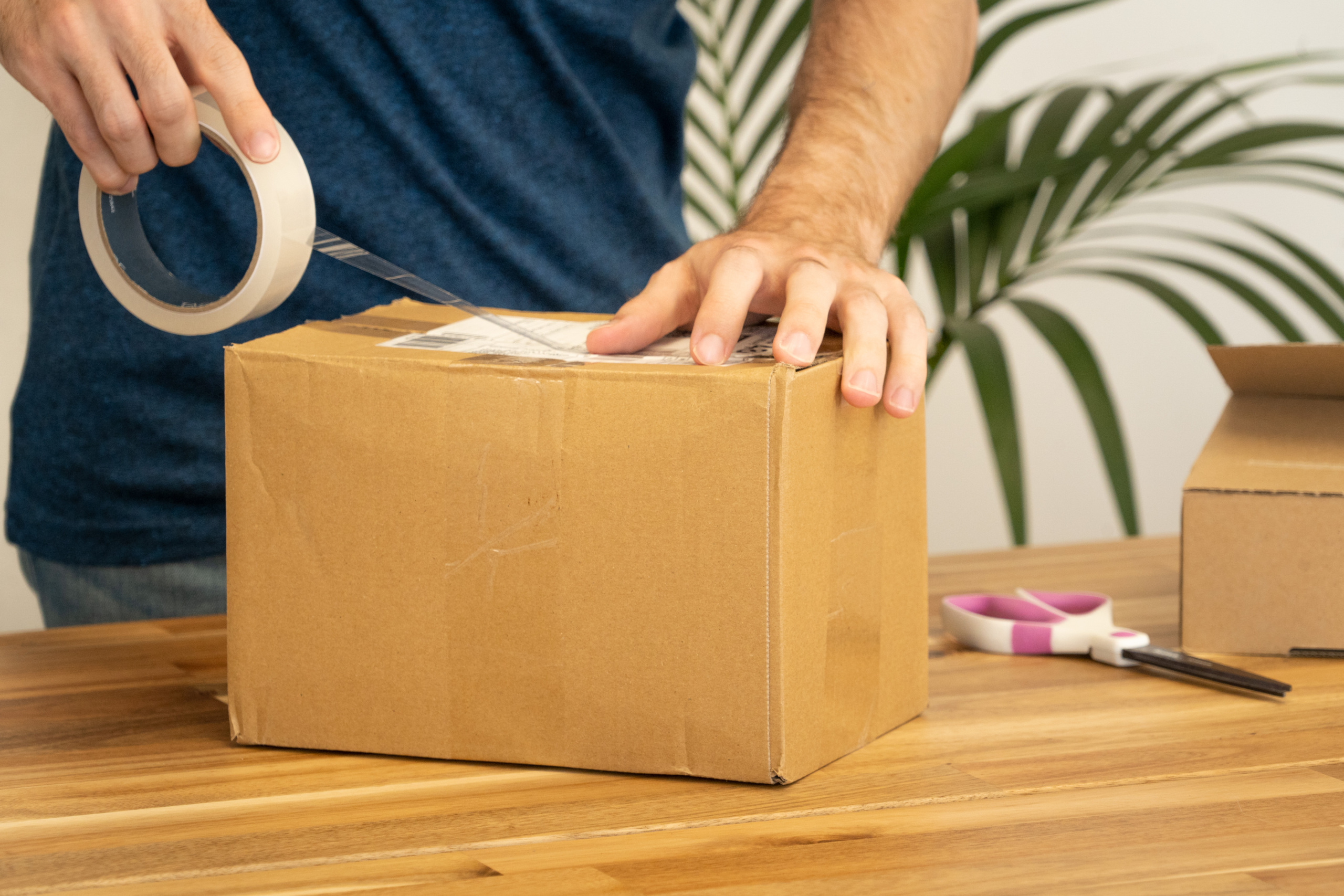
How to Avoid Harmful Chemicals in Plastic
Reduce Exposure to Toxic Household Plastics
Here's how to reduce your family's exposure to toxic chemicals contained in common household plastics.


” );
jQuery( “.shareBox”, this ).jsSocials({
shares: [“twitter”, “facebook”],
// URL to share
url: urlCurrent,
// text to share
text: shareText,
showLabel: false
});
});
});




Topics
Find Out More


The high cost of fast fashion

Fixed for the Holidays


